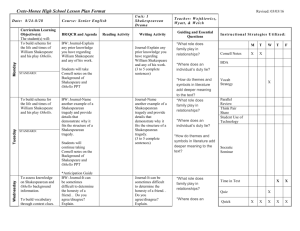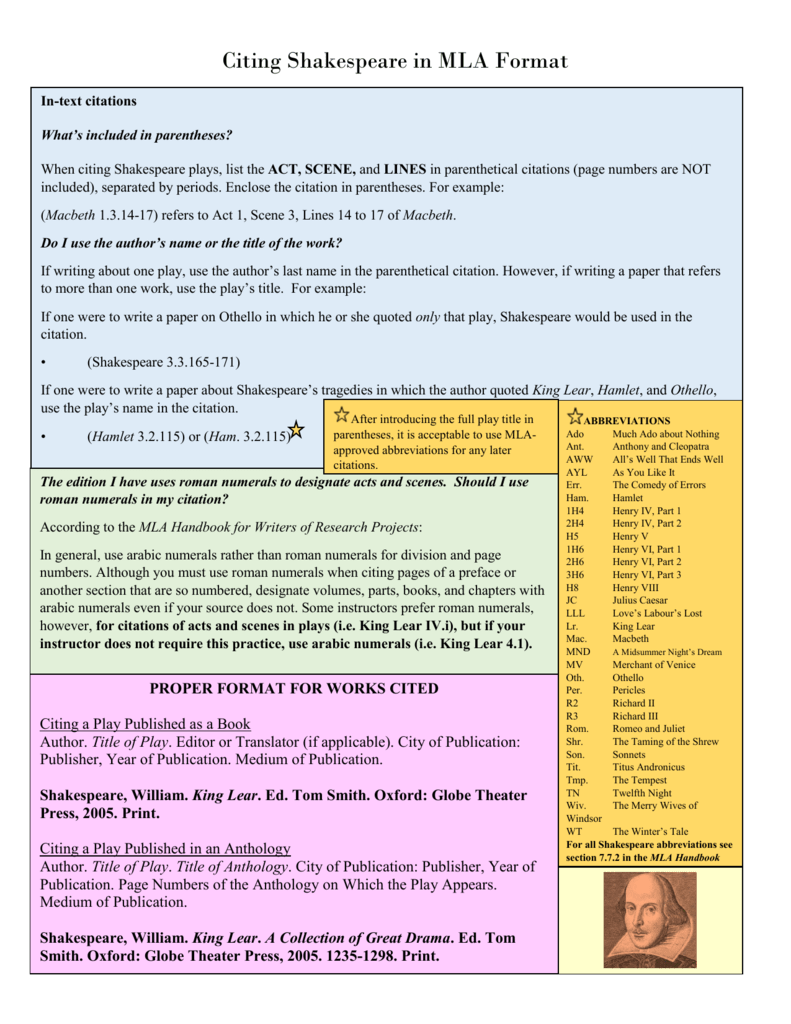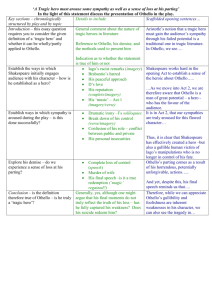

Many could actually relate with Brabantio's beliefs that his daughter has been stolen from him by magic "charms," and would feel that the mixed partnership of Desdemona and Othello was wrong. Those who viewed the play in the 17th century would be familiar with the r****t terms used when insulting Othello, and find them acceptable. So in act III, scene 3, an audience would have been shocked to see her strongly criticize Othello for responding to her requests for him (to meet with Cassio and reinstate him as his lieutenant) so grudgingly and hesitantly. It was in this context that Jacobean audiences would have viewed Desdemona's actions. It was the wife's duty to obey their husband. By law, all young women were the property of men, beginning with the head of their family, then father or eldest brother and, following their marriage, the property of their husband. Parents would try to arrange marriages that would bring financial and social advantages. During Shakespearean times, marriage was seen as a way for families to improve their status. Shakespeare uses the common knowledge, opinions and prejudices of his Jacobean audience to set the stage for this play. Othello trusted and relied on 'honest' Iago in military situations and Iago uses that trust when he begins to scheme to discredit Cassio and Desdemona.read more. Othello is na�ve about social arts and because of this, later in the play he allows his victorious military experiences to cross into his social life in a bid to regain the acceptance and control he had experienced as a leader in the Venetian army. Were it my cue to fight, I should have known it without a prompter". For example, in Act 1 Scene 2 lines 80-3, when Othello is the source of Brabantio's rage, Othello says "Hold your hands, both of you of my inclining and the rest. The great tragedy of Othello's downfall is that Othello is actually introduced to the audience as a collected and secure man, with great power and control over his life. The animal imagery used by Iago "prime as goats, as hot as monkeys" greatly disturbs Othello and fuels his rising paranoia. Cassio complains that, when drunk, he is "by and by a fool, and presently a beast!" (2.3.

Iago calls Othello a "Barbary horse," an "old black ram," and also tells Brabantio that his daughter and Othello are "making the beast with two backs" (1.1.117-118). savage, illiterate and beneath the true Venetian society. read more.Ī recurring theme throughout play is the animal imagery with reference to Othello and his relationship with Desdemona i.e. Shakespeare has carefully constructs Iago's character to appear honest and virtuous, although in reality he is evil and scheming: throughout the play he is referred to as. This begins the uneasy thoughts in Othello's mind, which rise to extreme paranoia resulting in the dramatic and violent final scene. The line: "no sure, I cannot think it that he would steal away so guilt-like seeing you coming" (3.3.57) is the most incriminating thing he says about Cassio. Throughout the entire interaction, Iago carefully chooses his words, often repeating what Othello says, without uttering any particularly incriminating words he manages to bring Othello to the belief that Desdemona's infidelity is real. Othello immediately seizes the bait and is drawn in by Iago's calculated insinuation.

Shakespeare skilfully directs Iago's first line in the scene: "Ha, I like not that" (3.3.34) to be an aside with is not intended for Othello's hearing. Without actually saying much, Iago successfully manages to manipulate Othello into believing in Desdemona's supposed 'unfaithfulness'. Iago begins his journey to seek revenge by the use of careful and subtle innuendos. SHAKESPEARE'S OTHELLO GCSE COURSEWORK Question 1: Looking at the characters of Desdemona, Othello and Iago, how does Shakespeare present the rising paranoia in Othello's mind and the skilful manipulation of him by Iago? Act III Scene 3 is arguably the most important scene in Othello: Shakespeare uses this scene to plant the seeds of suspicion and jealousy in Othello's mind.


 0 kommentar(er)
0 kommentar(er)
